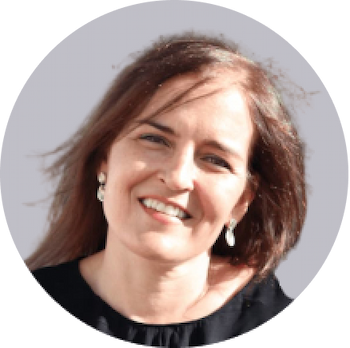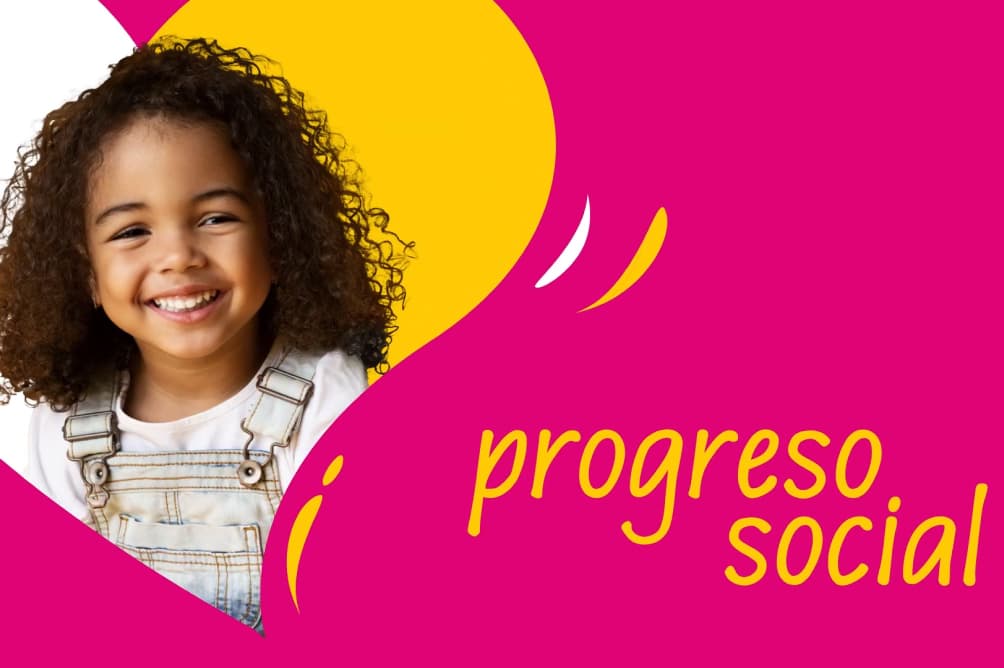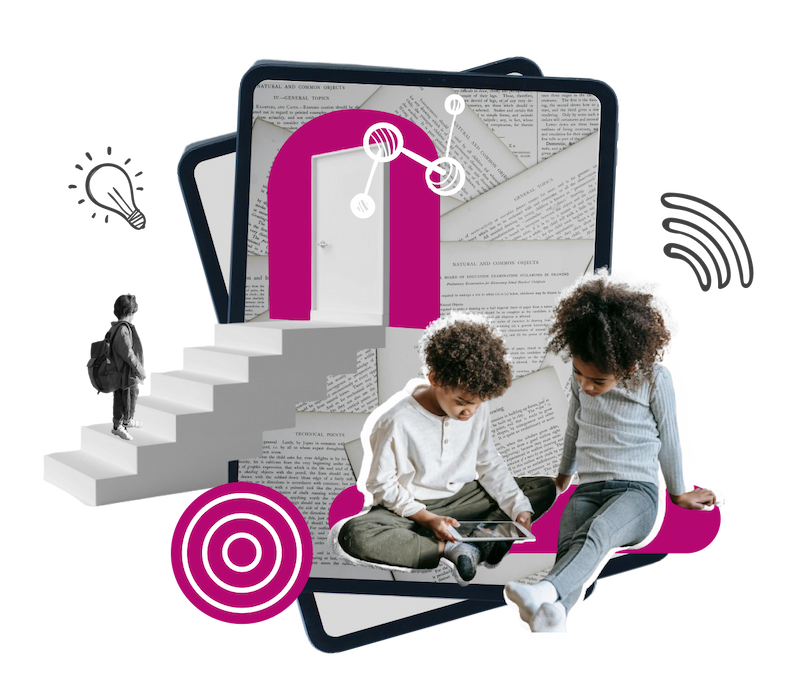Change from within
True transformations begin with oneself. At Santillana, we want to establish our commitment to sustainability through responsible management that involves and mobilizes all our professionals.

Talent development

Our social commitment begins in our relationship with each of the 3.366 people who are part of Santillana.
We seek to contribute to the personal and professional development of each one of them and to the development of their talent, promoting diversity and equal opportunities, and generating a good working environment, where the employee’s well-being is the priority.
A diverse and committed team
Diversity is fundamental in a company like Santillana, where professionals are spread across more than 20 countries with different cultures and even languages. Our commitment, embodied in our Code of Ethics, is to protect this diversity in our teams so that everyone can work with equal opportunities.
In 2023, we launched a course dedicated to diversity, respect and equal opportunities, available to all employees through our ‘Training Paths’ platform.
This was one of the actions carried out as part of our commitment to training as a way to enhance the development and well-being of our professionals.
According to the “Employee Benefits Trends Report“ conducted by Cobee in 2024, nine out of ten employees consider it necessary to take training courses.
The courses were oriented to different competencies and skills, such as leadership, and to reinforce our corporate culture.

Nuria Quevedo
Global Human Resources Director.
Seeking employee welfare
In addition to theory, in 2023 we wanted to take action: we have launched the first corporate volunteer program, with activities available in Colombia, Brazil and Spain for our employees and those of the rest of the Group.
On the other hand, we offer flexibility and different measures for work-life balance and well-being, depending on the legislation and needs of each country. In addition, in 2023 we conducted a global work climate survey, in which more than 80% of our employees participated.
Changing the course of the Planet

At a time when climate urgency is increasingly visible, we are aware that, as a company, we must act responsibly, minimizing the impact of our activity on the environment and acting proactively for its conservation.
Towards climate neutrality
Although the education sector does not have a major impact on the environment, we are committed to the fight against climate change and are joining the fight by reducing our emissions and increasing our consumption of renewable energy.
In accordance with the roadmap set out in the Sustainability Master Plan 2022-2025, the Group has worked during 2023 on the design and implementation of an Environmental Management Plan, aligned with the Environmental Policy and PRISA’s commitment to the fight against climate change. The aim of this project is to diagnose and plan environmental management and to draw up the Group’s Net Zero roadmap.
Energy efficiency is one of the key lines of work to reduce our environmental management impact.
We are currently analyzing the possible purchase of green energy at different company sites. As a first step, a contract will be signed in 2024 at the offices in Brazil, our main market, so that all the electricity generated there will come from renewable energies.
Paper management
Due to the type of activity we carry out, another of our priority areas is paper management. We promote the digitalization of our processes and responsible paper consumption in our offices by reducing the number of available printers.
This year we have introduced improvements in the measurement methodology, also incorporating consumption data via printing companies (third parties). The objective is to be able to reflect paper consumption in the total of our activity.
Considering this new measurement, the result is that in 2023 we have recorded a total consumption of paper and cardboard, both our own and that of third parties in our value chain, of 43,551.7 tons, 97.8% of which corresponds to sustainable raw materials.
99.2% of the paper we used in 2023 for our own consumption was sustainably sourced.
Change, throughout the supply chain
Improving ESG supply chain management
The supply chain is an area of strategic importance, being one of the priorities of the Group’s Sustainability Master Plan 2022-2025.
Since 2022, we have had a Supplier Code of Ethics and Conduct that sets out the behavior expected of suppliers in terms of legislation, human and labor rights, business ethics and anti-corruption measures, environmental protection, and confidentiality and privacy.


Compliance with this code is required both in the negotiation specifications of the purchasing processes and in the contracts signed with the awarded companies.
Likewise, through the Purchasing Policy and bidding documents, we seek to know what procedures and controls suppliers have in place to manage the social and environmental impacts of their activities.
In 2023, 86% of our purchases were from local suppliers.
In addition, as part of our commitment to our suppliers and the communities in which we operate, we give priority to local purchasing. In this way, we contribute to the economic progress of the territories in which we are present.







